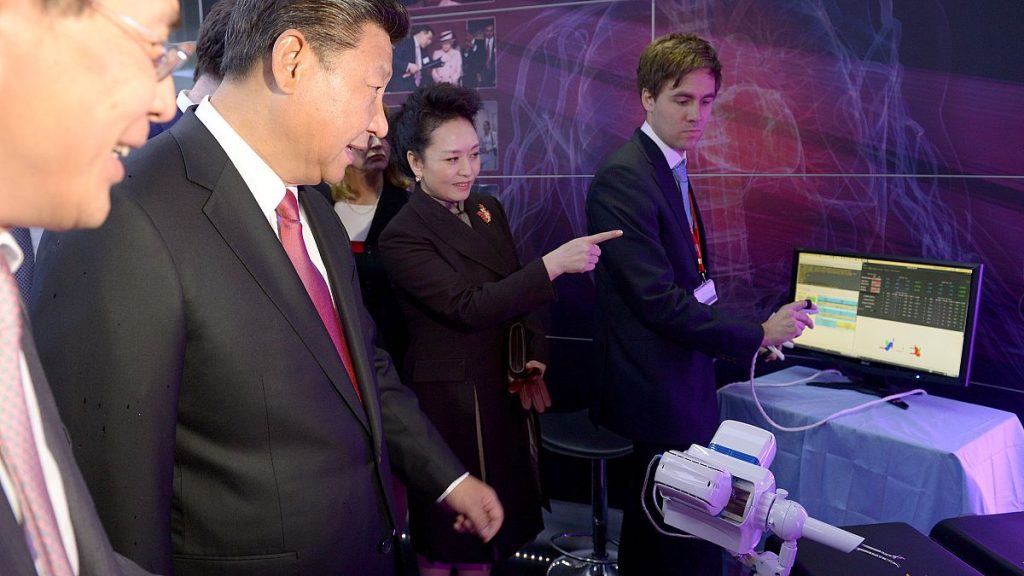The European Commission’s recent investigation has unearthed compelling evidence of discriminatory practices within China’s public procurement system, specifically targeting imported medical devices. This investigation, the first of its kind under the newly established International Procurement Instrument (IPI), reveals a systematic pattern of preferential treatment towards domestic manufacturers, effectively hindering market access for European Union medical device producers. This situation casts a shadow over the EU’s trade relationship with China, raising concerns about reciprocity and fair competition. The investigation’s findings have prompted the EU to consider potential countermeasures to level the playing field and ensure equitable opportunities for European companies in the Chinese market.
The core issue lies in China’s “Buy China” policy, enshrined in its government procurement law. This policy, while ostensibly promoting domestic industry, creates significant barriers for foreign companies attempting to compete for public contracts. The investigation uncovered various tactics employed to favor domestic suppliers, ranging from convoluted certification processes and opaque approval systems to the invocation of “national interests” as a justification for excluding foreign bids. These practices, coupled with unrealistic pricing demands, create an uneven playing field that disadvantages EU manufacturers.
Further exacerbating the situation is China’s Made in China 2025 strategy, which explicitly aims to increase the domestic share of mid-to-high-end medical devices procured by hospitals. With targets set at 50% by 2020 and 70% by 2025, this strategy signals a clear intent to prioritize domestic production, even at the expense of foreign competition. The Commission’s investigation corroborates this trend, highlighting a marked decline in the number of approved imported medical devices in certain provinces. Furthermore, some provincial authorities have openly discouraged the purchase of imported devices, advocating for domestic alternatives.
The investigation meticulously analyzed over 380,000 procurement tenders between January 2017 and May 2024, revealing a stark reality: a staggering 87% contained either explicit or implicit restrictions against foreign medical devices. This pervasive bias underscores the systemic nature of the discrimination and reinforces the need for decisive action. The EU, while committed to maintaining constructive engagement with China, is now actively evaluating countermeasures to address this imbalance.
The implications of these findings are significant, particularly for European medical device manufacturers, many of whom rely on exports to China. While China represents a substantial market for the European medical technology sector, the discriminatory practices identified in the investigation threaten to undermine the EU’s ability to compete fairly. The potential loss of market share not only impacts individual companies but also poses a broader risk to the European economy.
The EU is now exploring a range of potential responses to restore a level playing field. These options include restricting or excluding Chinese firms from participating in EU government contracts, imposing limits on tenders above certain thresholds, and adjusting scoring criteria to reduce the competitiveness of Chinese bids. These countermeasures aim to create leverage for negotiations with China, encouraging the adoption of more reciprocal and transparent procurement practices. The EU remains hopeful for a constructive resolution through dialogue, emphasizing the importance of a balanced and fair trade relationship with China. However, the Commission has made it clear that in the absence of an acceptable solution, it is prepared to implement these countermeasures to safeguard the interests of European businesses and ensure fair competition.














